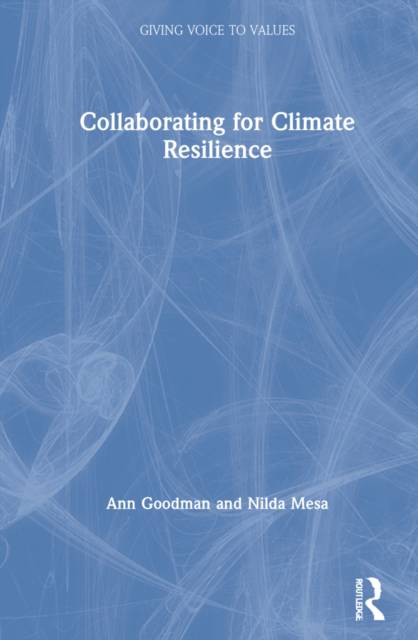
- Retrait gratuit dans votre magasin Club
- 7.000.000 titres dans notre catalogue
- Payer en toute sécurité
- Toujours un magasin près de chez vous
- Retrait gratuit dans votre magasin Club
- 7.000.0000 titres dans notre catalogue
- Payer en toute sécurité
- Toujours un magasin près de chez vous
Description
Supporters of environmental well-being and climate resilience are awakening and mobilizing - cities, states, business, academia, community-based organizations, and the military. They understand the imminent and long-term risks of climate deterioration and they are creating new structures beyond the top-down government policy efforts of the past.
This highly practical book provides a clear insight into these collaborative solutions by real organizations in real time. It demonstrates how people from disparate fields and stakeholders cooperate to address climate issues at ground level and reveals how this can be undertaken effectively. Through case studies of key organizations such as the NYC Sustainability Office, Detroiters Working for Environmental Justice, IBM, and West Point Military Academy, readers will understand each party's role in a cooperative enterprise and the means by which they support climate resiliency, their institutional goals, and their communities.
Of particular value, the book illustrates the co-benefits of multi-party resilience planning: faster approval times; reduced litigation; ability to monetize benefits such as positive health outcomes; the economic benefits of cooperation (for example, capacity building through financing climate planning and resilience across public, private, and other sources of funding); and developing a shared perspective. The book will be of great interest to business managers, policymakers, and community leaders involved in combating climate change, and researchers and students of business, public affairs, policy, environment, climate, and urban studies.
Spécifications
Parties prenantes
- Auteur(s) :
- Editeur:
Contenu
- Nombre de pages :
- 100
- Langue:
- Anglais
- Collection :
Caractéristiques
- EAN:
- 9780367237097
- Date de parution :
- 30-09-21
- Format:
- Livre relié
- Format numérique:
- Genaaid
- Dimensions :
- 156 mm x 234 mm
- Poids :
- 349 g

Les avis
Nous publions uniquement les avis qui respectent les conditions requises. Consultez nos conditions pour les avis.






